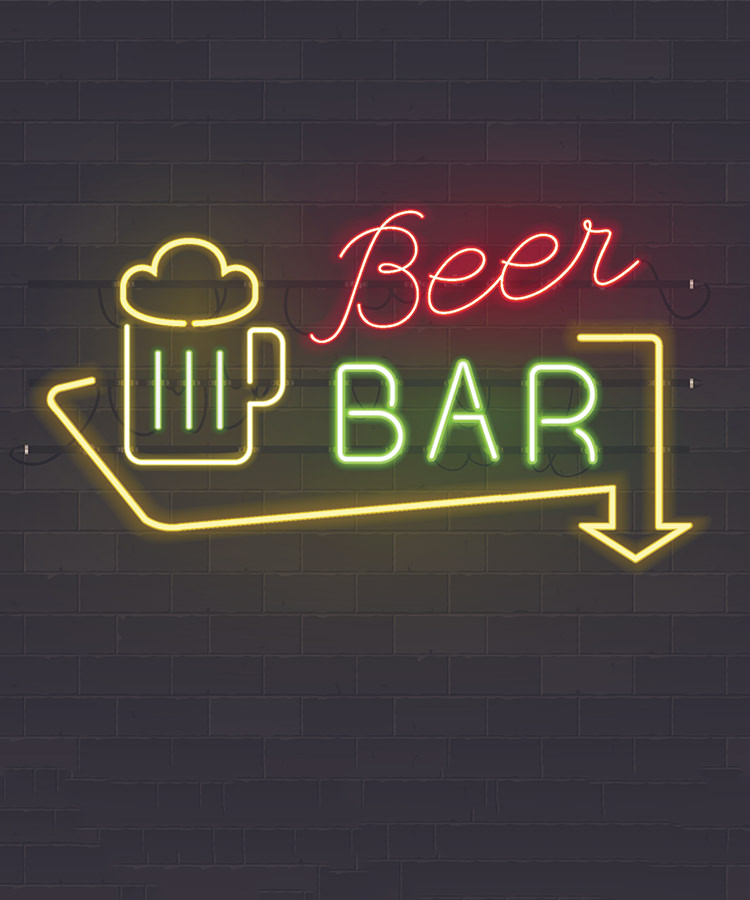We live in an age of “posts.” Post-truth, post-fact, and now, apparently, “post-craft.”
At least it’s a post-craft world according to Ethan Fixell, the editor of a new AB InBev-supported beer blog called The Beer Necessities. Fixell was forced to defend himself against an angry brewery, the Beechwood Brewing Co., after he profiled them for The Beer Necessities without being quite upfront about where his paycheck came from. In another blog, The Full Pint, the angry brewery wrote about how deceived they felt when the story was posted and they found out the blog was an AB InBev venture. They asked that the story be removed.
In Fixell’s mind, though, there was no problem. As he writes in a letter from the editor, “We live in a ‘post-craft’ world where anyone who is making good beer deserves to be recognized.” Hence the need for The Beer Necessities.
Ignore the “Bear Necessities” song running through your head every time you read that blog name and consider the statement at face value. Fixell and his AB InBev backers are saying there is no such thing as craft beer. They argue that beer is simply beer. And while the definition of “craft” is tricky and often fluid, there is most definitely a difference between craft and corporate. Craft brewers run things on their own without taking into account A-B testing on possible consumers. They brew with passion. Yes, both are businesses and the end goal is to make a living, but craft brewers brew new beers for passion, not because they see a trend and want to follow it. And, of course, craft brewers don’t have the type of power that corporate brewers do. To argue that there’s no difference between two things just because that difference is murky and difficult to define is not just lazy. It’s wrong.
Of course, AB InBev’s growing number of blogs want you to think there’s no difference between craft and macro beer, because if all beer is just beer, then there’s no need for anyone to have a hissy fit when AB InBev buys up beloved brands like Wicked Weed. Beer is just beer, they argue, so stop whining about AB InBev’s questionable distribution control methods and just drink.
It’s a smart media play. If you don’t like the conversation, make up words so no one knows what the hell the conversation is about. It’s the type of media push that makes craft beer lovers grab a tin foil hat from their AB InBev conspiracy theorist friends.
Beechwood ended its statement on The Full Pint by giving in to Fixell and his fixed publication. “So don’t call us craft,” the statement reads, “call us independent.”
It’s time to sip every craft beer with love while you can, because it may be your last “craft beer” in this post-craft world. Welcome to the world of independent versus not independent (sorry breweries with venture capitalist investors).
In other beer news:
Buyouts, buyouts, and more buyouts
AB InBev bought Wicked Weed and the world went wild. Beer festivals kicked them out, craft (sorry, post-craft) beer bars promised to stop selling Wicked Weed, and bloggers furiously typed opinions behind their keyboards.
“This is just the beginning of the backlash that’s coming for corporate brewers and the brands that they acquire,” Todd Alström, the founder of Beer Advocate, told me. “Beer consumers are becoming savvy as hell. They want authentic and high-quality beers from independent brewers. There’s really no turning back for these consumers.”
Then a day later, it was announced that Heineken bought up the rest of Lagunitas. The news broke with a comparative whimper. Sure, people were upset, but it was nowhere near the reaction of Wicked Weed being enveloped into AB InBev’s High End portfolio, despite the fact that Lagunitas is the first brewery of Heineken’s own version of a High End portfolio.
Moral of the story: It matters if you get bought, but it matters more who buys you.
Hops….hops everywhere
Hop production in the U.S. grew 95.8 percent in five years. That’s incredible, but does make sense. There’s a lot more beer out there than there once was, and a lot more hoppy beer; the hopped- up IPA craze doesn’t show any signs of slowing down. In 2017, 58,148 acres of hops will thrive in the U.S. Hops really are an American product through and through — and a product that shapes all of the beer you drink whether you know it or not.
There’s not much more I have to say about this, just that it’s an incredible number. And that you can never have enough hops.
